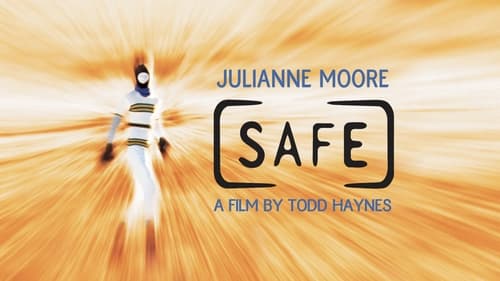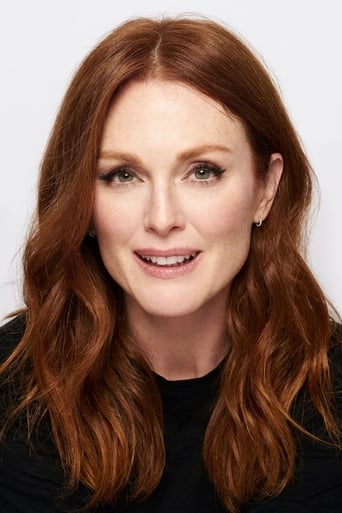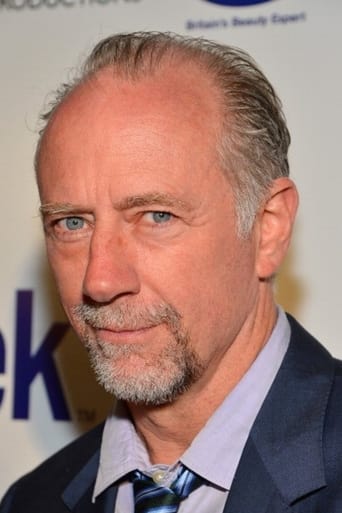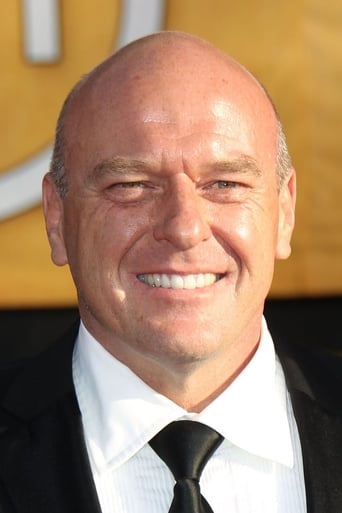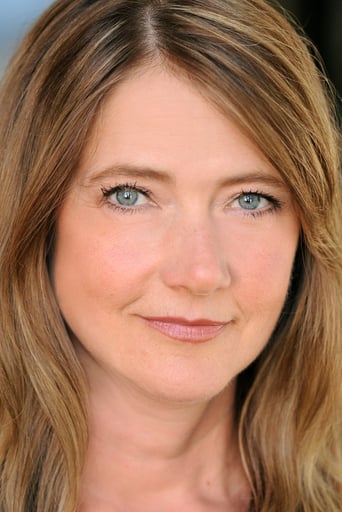MisterWhiplash
Julianne Moore plays Carol, and Carol is not in the best way really. Something is... off. Oh, she lives very comfortably in the San Fernando Valley, with her husband and their son (well, his son, her step-son), in a house that is so wide and lush with placid colors and spacious rooms and she can go and do her work-outs and select colors for the sofas (wait, why is it black, it should be teal - drama), and have lunches with her friends where they try to get her to go on all-fruit diets to cleanse and... does she have any thoughts or identity of her own? Hard to say or see it. No passions really, no inner-self, but why should she need it, she has the home and husband and car and LA is so... ugly and dirty, and full of smog that makes her cough and gag relentlessly. Oh, and she has asthma, but that seems second-fiddle to what is really wrong her: everything.Haynes makes Carol the lead in this story, about how she tries to become 'healthy' by joining a group, the Wrenwood, where she can join with other people also trying to find health and purity of some kind, and yet she is never really comfortable in being herself. Who is Carol? She is mostly defined, as we see in both Haynes' writing and direction, by other people, and also as by herself. For long periods in this film, Carol is off by herself, or other characters are seen in long-view, wide shots, where the loneliness and space is emphasized. Characters may be 'close' at times with one another, but even then there's a distance to people in the frame, and Carol has the distance constantly. Even by herself she's on the margins, and even if she doesn't mean it to be so (or especially if that's the case) she may 'need' these new people, but at what cost? We want her to get better, but it's not simply because she is the protagonist. She could be any woman, or even most men, lost in a kind of society where terms and status and a sense of self-worth aren't determined by what the individual wants. At the same time there is a pretty clear commentary on AIDS - I wasn't sure if Haynes was going to have anyone say it out loud, but it's present, and a character at the Wrenwood has AIDS - as far as what a person has to deal with when a disease that doesn't really have any clear-cut cure is prevalent. Surely the 'cyst' that Moore has in the latter part of the film - she gets sicker really, you see, on the outside as she says, or means to say, that she is getting 'better' - is meant to symbolize the lesions AIDS victims would get when the disease worsens.But Haynes doesn't make anything easy here, which makes it so fascinating and mesmerizing. Initially, it almost seems like it could be difficult to get into. Nothing is very much dramatized here, even when Carol passes out and has a seizure from a fumigation in a laundromat (maybe that comes closest, to be fair). Things happen at a slow pace, and the emotions conveyed are subtle, calm (I was reminded of the recent Foxcatcher overall, to give a recent comparison). But things build, and beneath the subtlety and nuance and every-day that Carol goes through the eerie sense of humanity is always there. And what's great is that nothing is so easily explained as 'oh, this is where it is'. There's a scene where Carol gets her hair done - is it too extreme, it's just a perm, the 80's after all - but right after it she gets a nose-bleed. Is it from the sickness? Is the room just dry? Could be anything. Nothing is so easily explained away except that, yes, she's sick. From what? The 20th century perhaps? Safe could be read as pretentious fodder for the malaise of contemporary culture (just typing that makes me feel 'ugh'). But Julianne Moore makes it so vivid and powerful because she holds back and makes Carol so fragile and desperate and delicate. In many moments I was worried she might crack, like some precious vase, but there's more to what Moore is doing here. She knows there are women like this in the world, defined by others, unsure, psychosomatic to a degree. So that by the time the ending comes, after all this time around what is essentially a cult - maybe a "good" cult, or maybe not, can a cult be anything but harmful, but is it really, these are questions I kept asking, it's so tricky - when she is staring at a mirror saying "I love you" over and over... it's heartbreaking, and raw, and kind of 'WTF' in a peculiar way. Safe is imperfect but in the best way an original. 9.5/10
Joanne Clark
I saw this the other day and had high hopes, having seen Far from Heaven featuring Julianne Moore which was a stunning film. On a positive note I thought it was beautifully shot and well acted. The 1980's setting was bang on, the clothes, colours and texture of the movie as accurate a picture of the decade as I've seen on film. I loved the soundtrack, reminded me of the first Terminator film. I have real problems with the narrative here, mainly because early on the film hints at something insidious or dark to come. This drives you along but unfortunately it becomes a little 'Channel 5 afternoon movie', American films about domestic dramas. The ending is a real let down..no spoiler here but it's almost as if the studio insisted on coming up with a credible reason for her ailment and the movie loses it's power.






